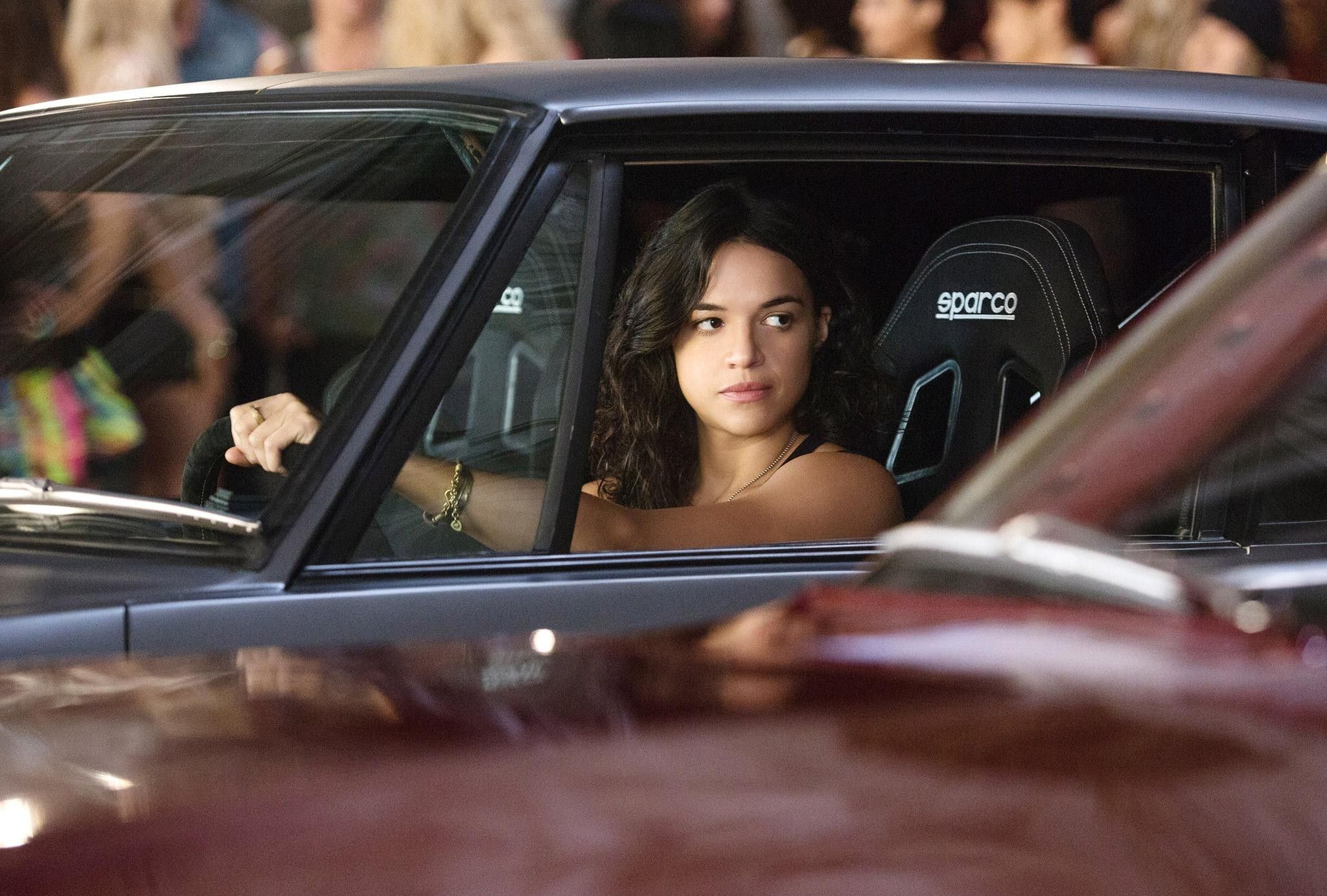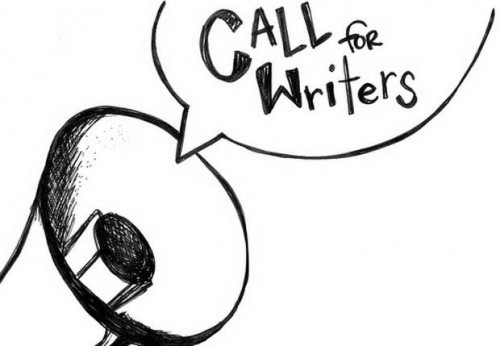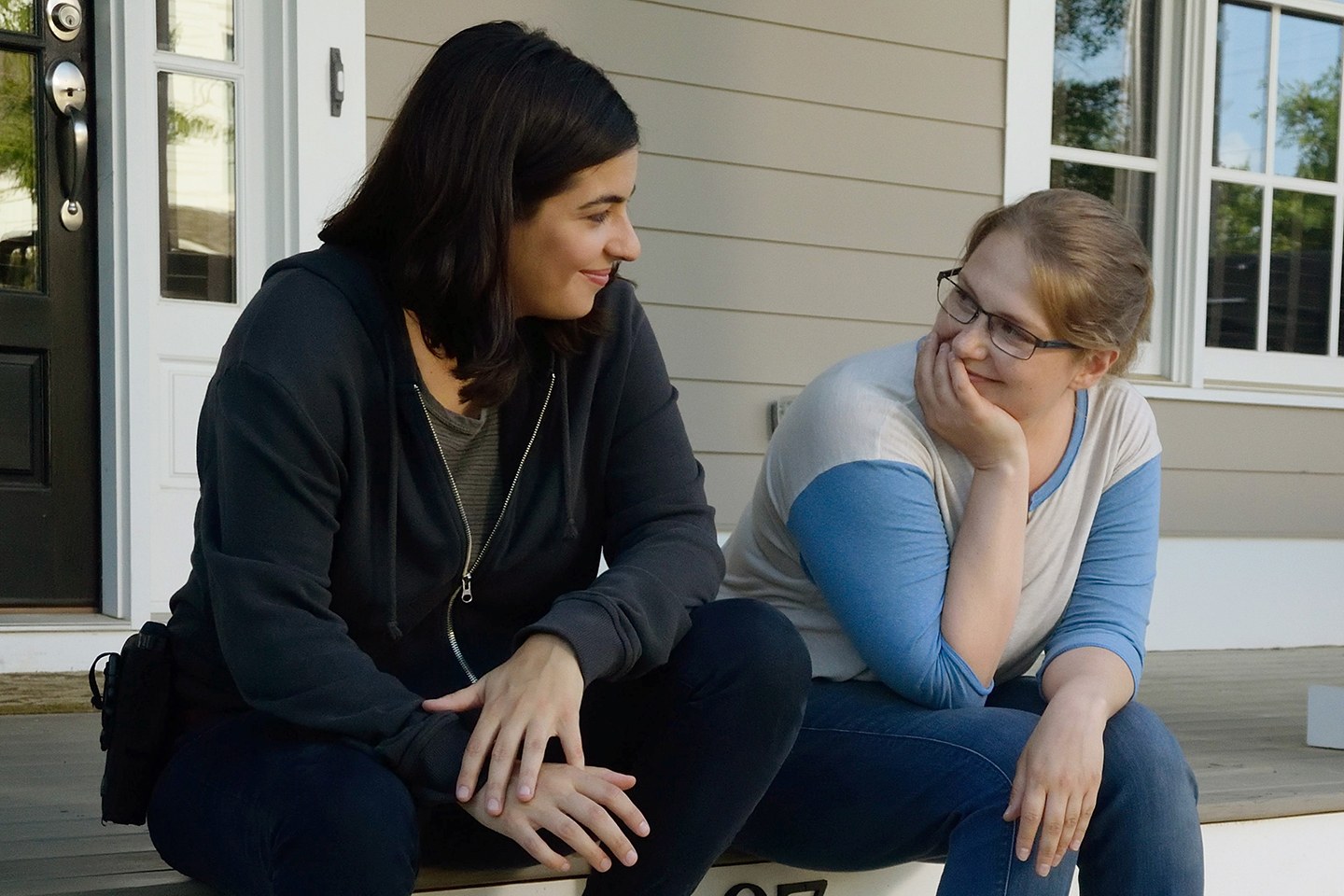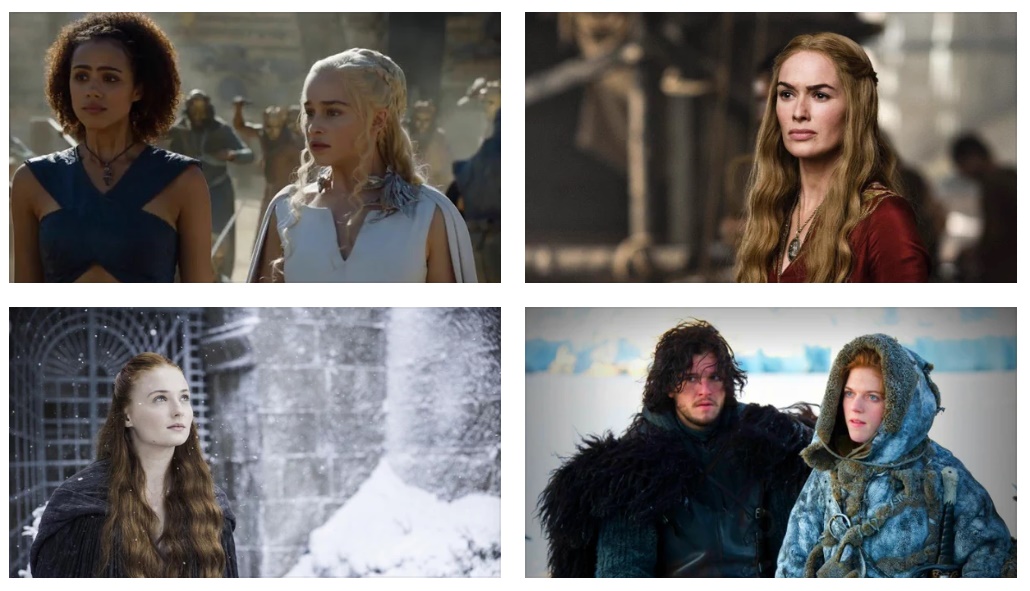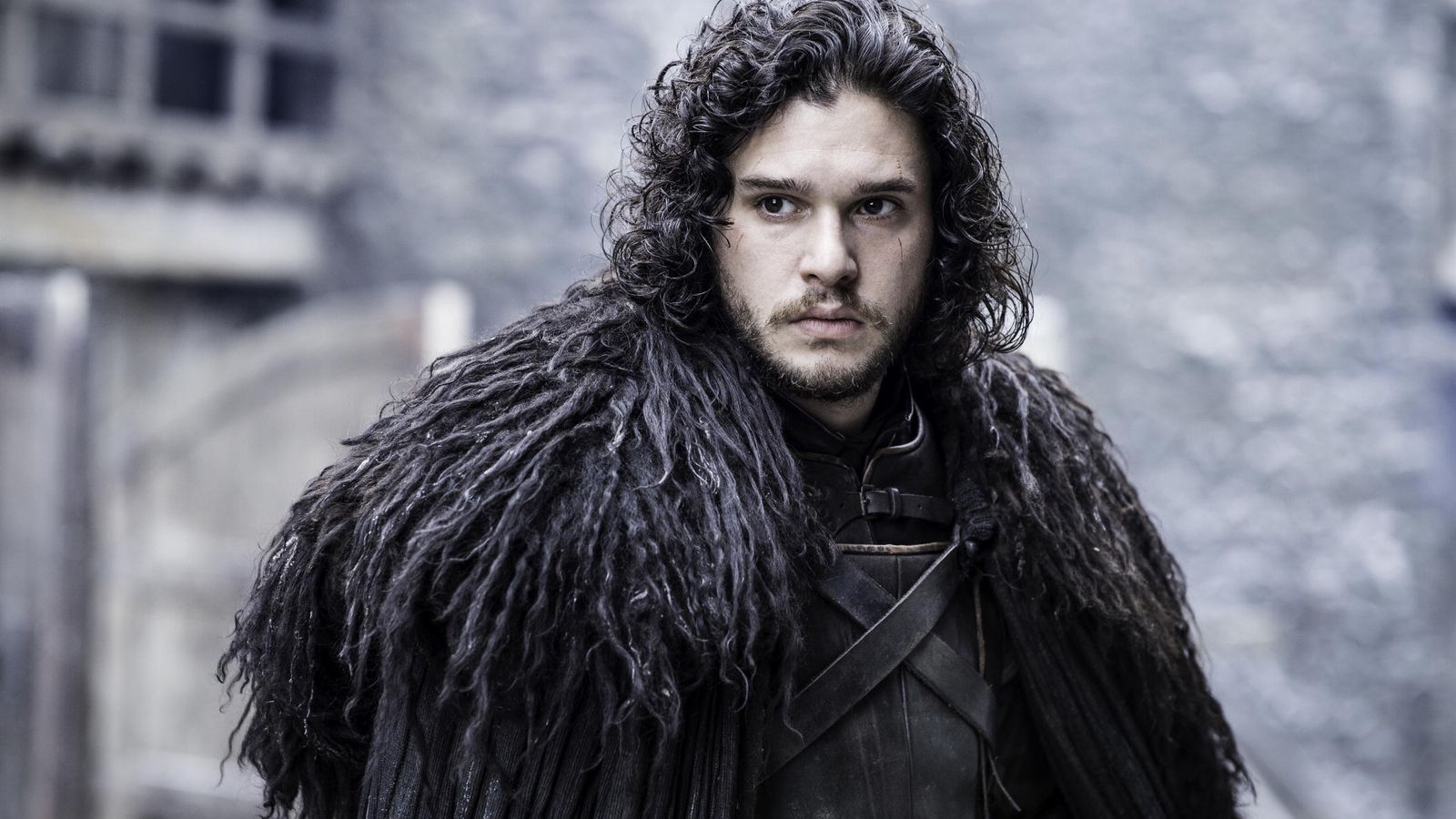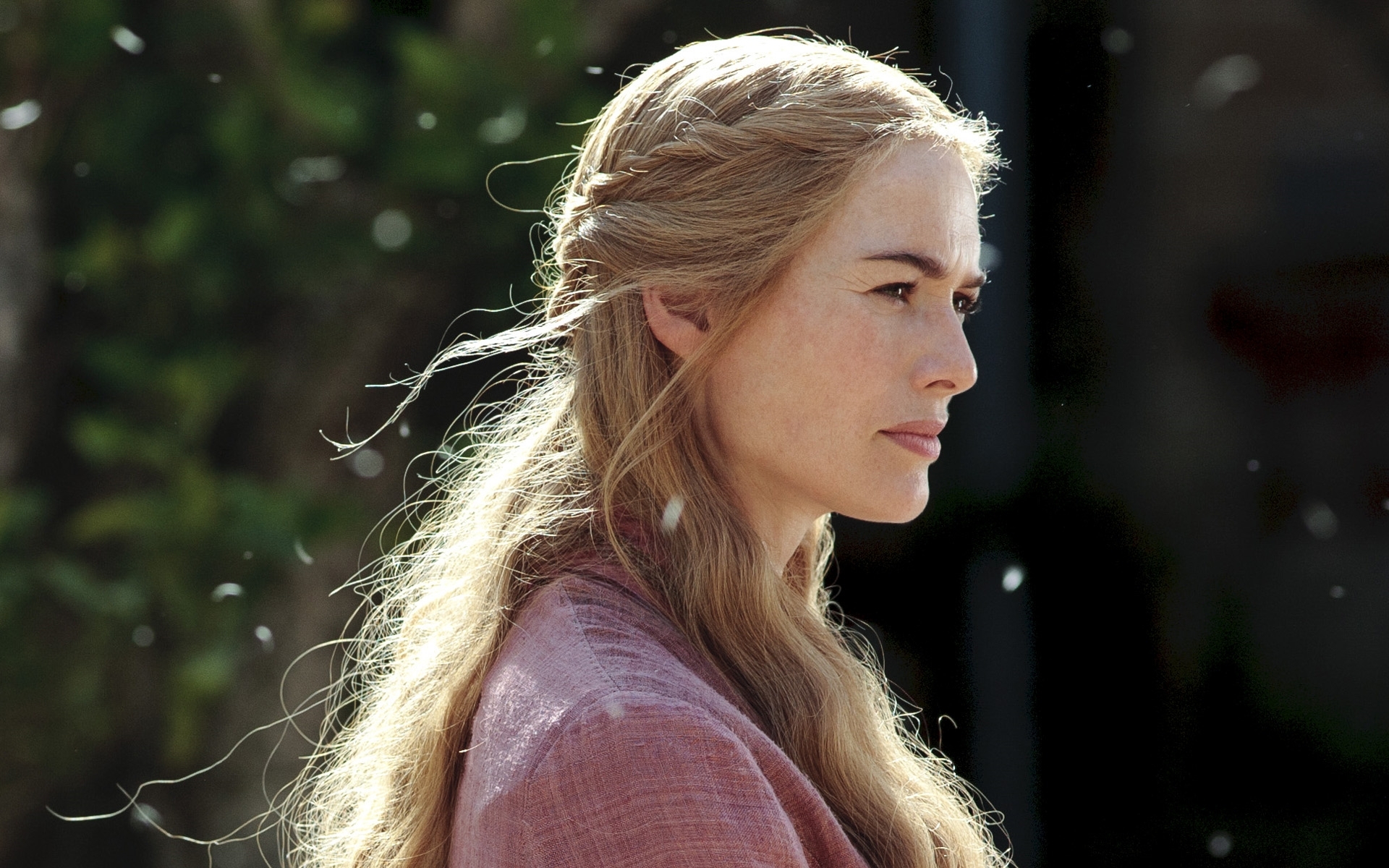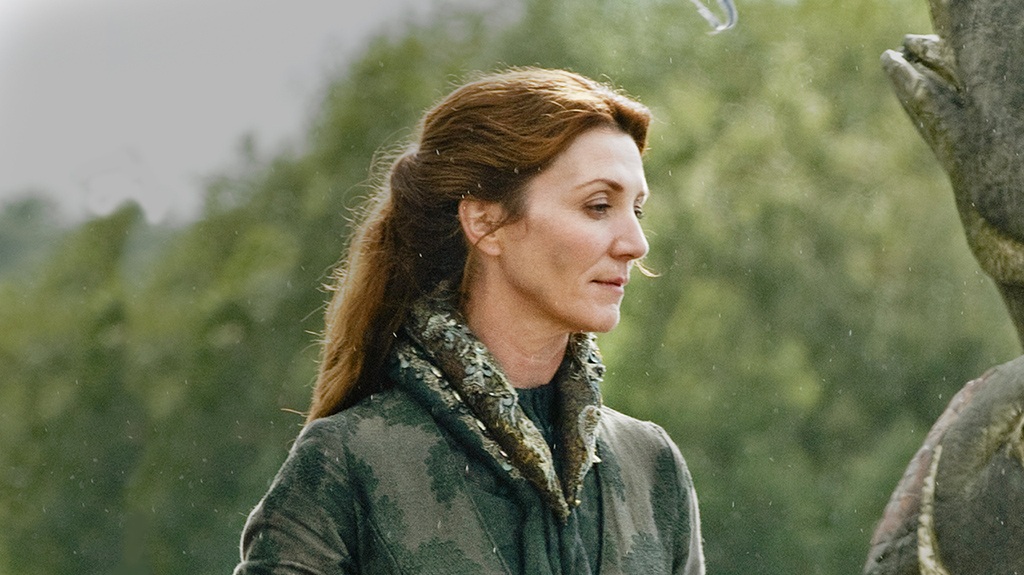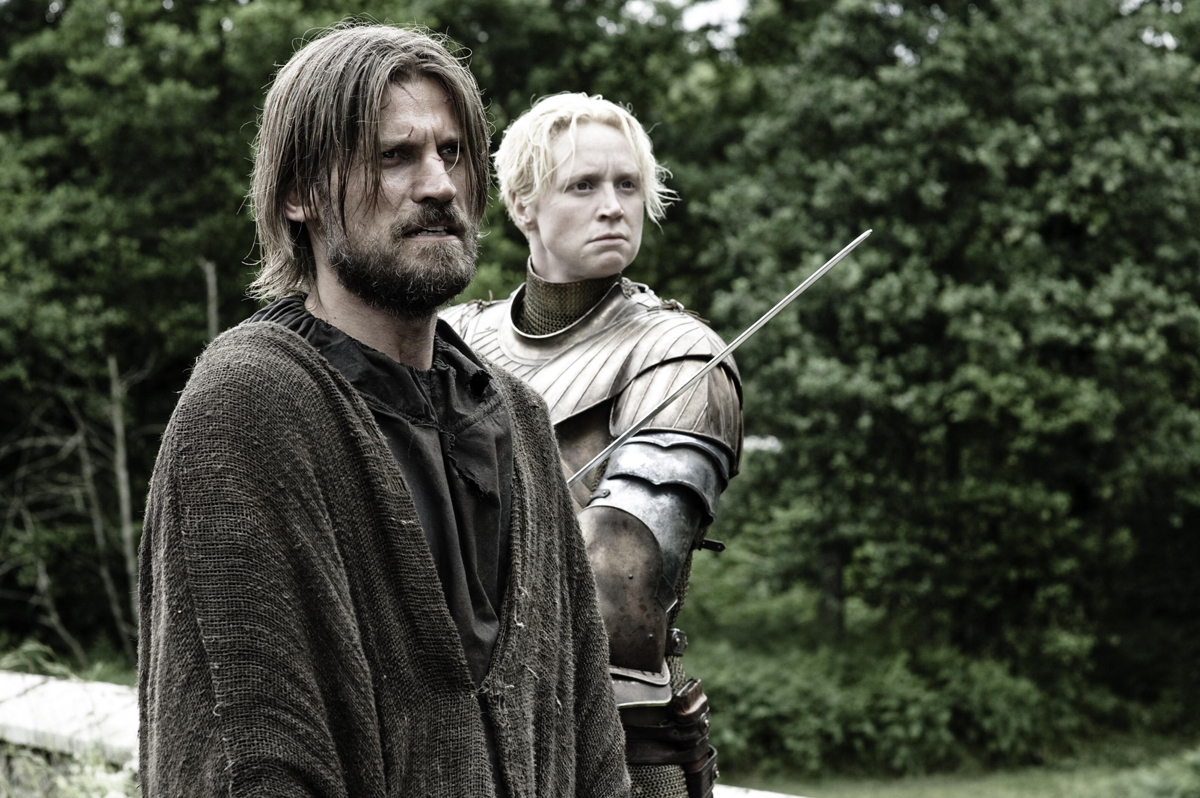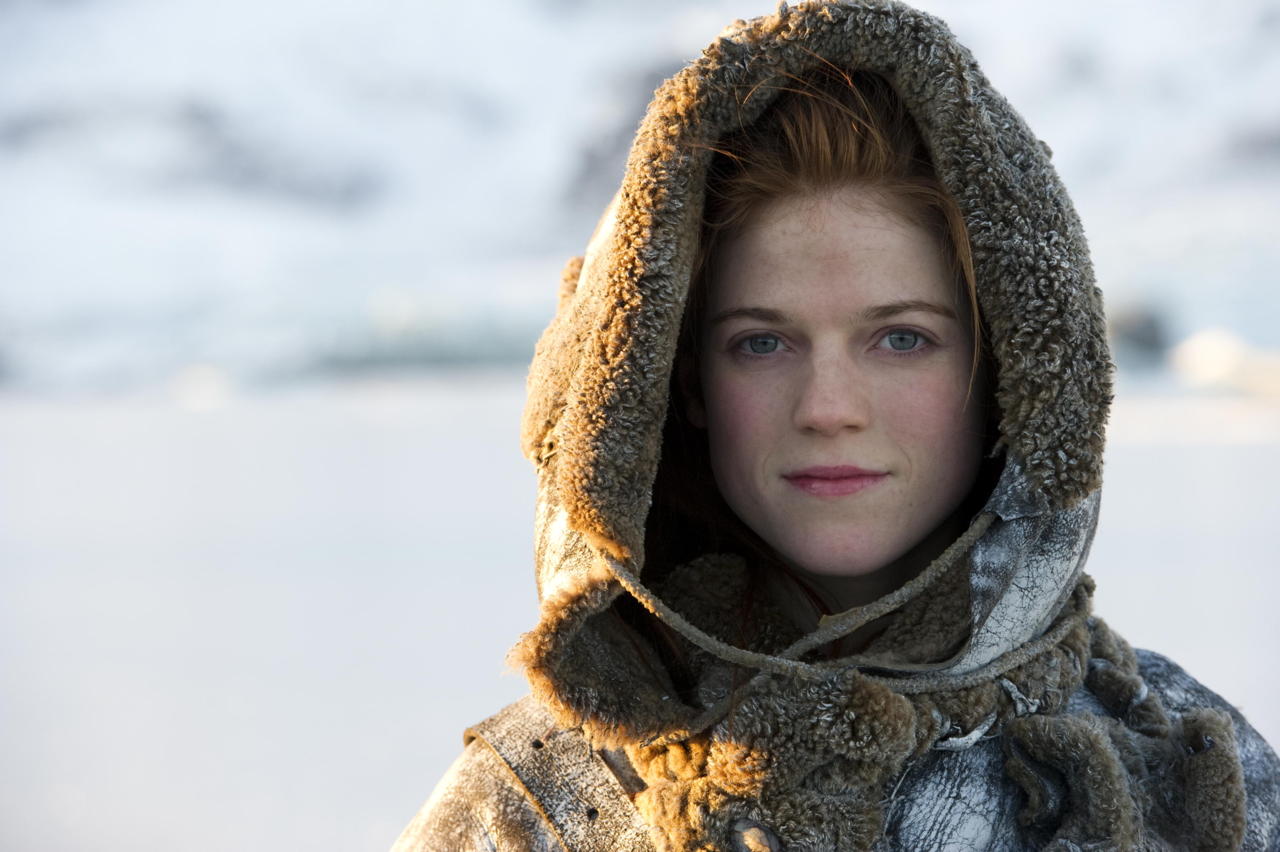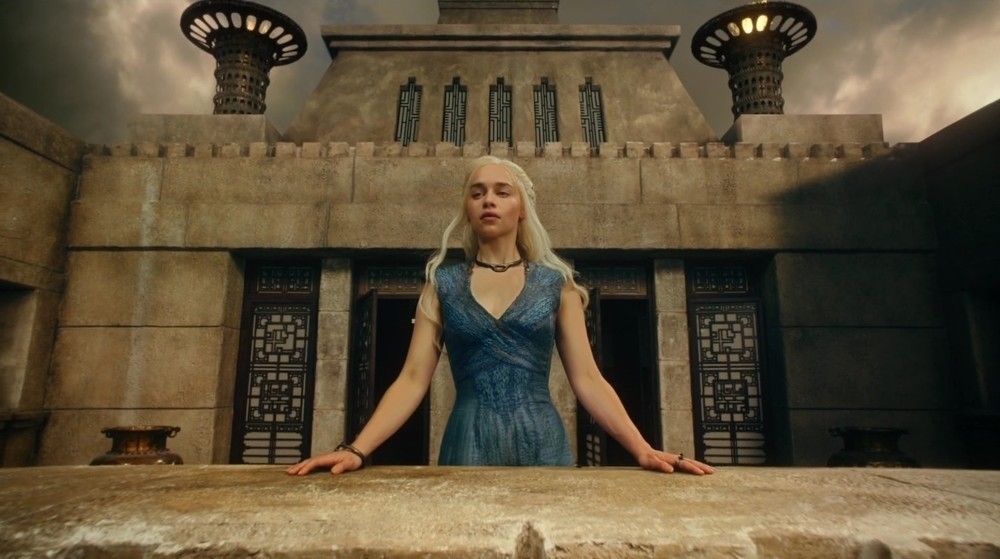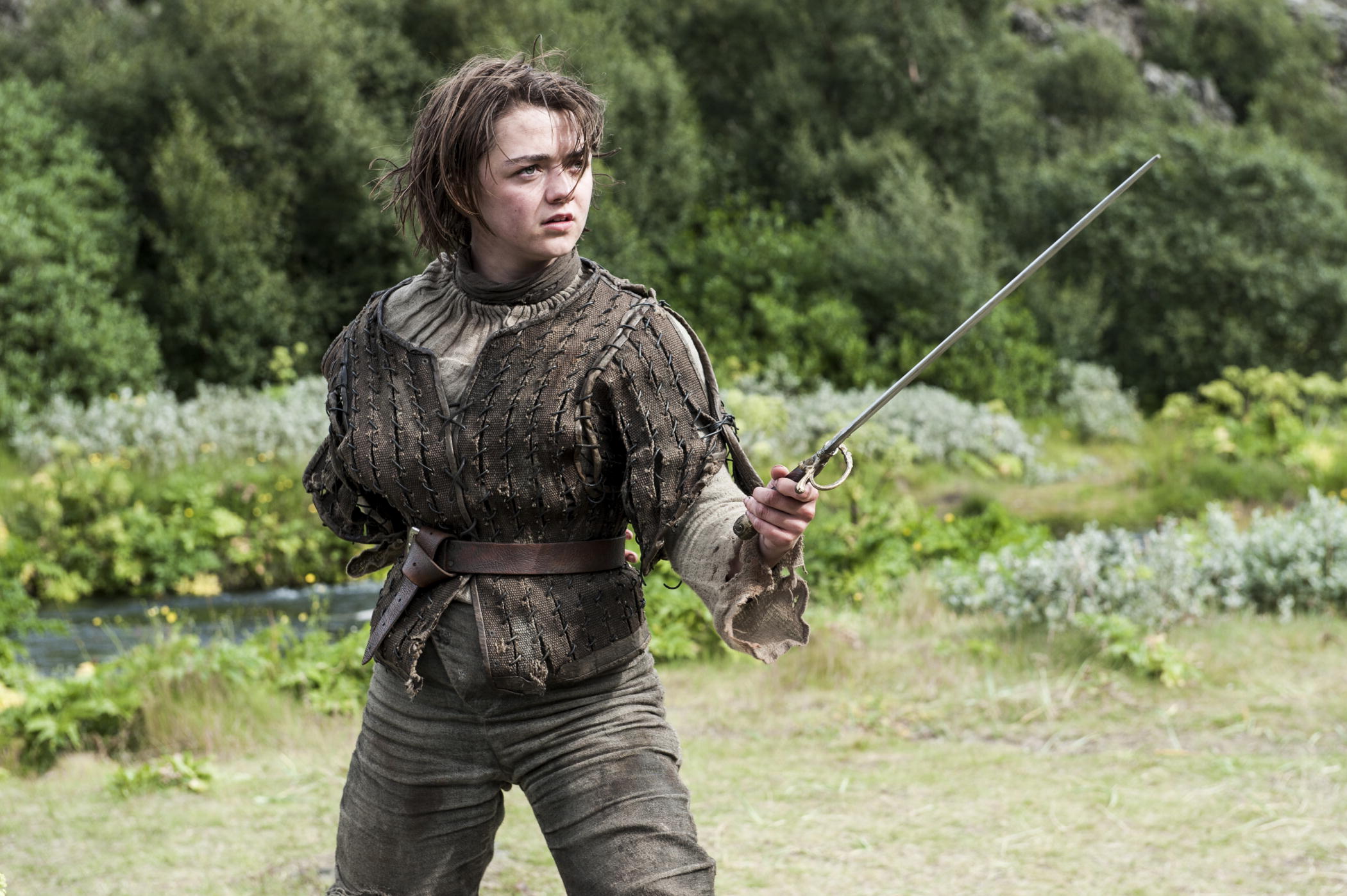
This guest post written by Claire Holland originally appeared at Razor Apple. It is cross-posted with permission. | Major spoilers ahead for the films Blood Punch, Coherence, Time Lapse, and Triangle.
I’m a huge fan of time travel thrillers, and some excellent ones have come out in the past several years. In fact, the four films I’ll be talking about today – Triangle, Time Lapse, Blood Punch, and Coherence – are four of my all-time favorites within the genre. As a disclaimer, I have to say that I deeply enjoyed all of these films, and wholeheartedly recommend them to anyone. But we’re allowed to think critically even about the things we enjoy, right? Despite loving these films, I couldn’t help but notice while watching these films that there was a conspicuous trend uniting them all – manipulative female characters. In every one of these films, a deceitful woman acts as a catalyst for the (generally unfortunate) events of the film. To be fair, some other event out of the anyone’s control causes the rift or bend in time, but it’s always a female character that underhandedly uses that time loop/lapse/rift to her advantage.
Before we get into it, though, a quick primer on the four films (although, seeing as these are time travel movies, and therefore complicated and confusing by nature, I recommend actually watching them). Time Lapse involves three friends – Callie and Finn, who are dating, and their roommate Jasper – who find a camera in their missing neighbor’s apartment that faces the window of their apartment. They soon discover that the camera’s photos show events 24 hours into the future, and try to use this to their advantage. Triangle is about Jess, a single mother who goes on a boating trip with her friends. They hit some bad weather and are forced to board what appears to be an abandoned ship, where a masked figure begins stalking and killing them. It turns out the masked figure is another version of Jess herself, trying to put an end to a time loop they’ve all been stuck in for quite some time. Coherence is the story of Em who, while at a dinner party with friends, experiences a rift in time that opens up parallel universes – some of which seem better than the one in which Em currently lives. Finally, Blood Punch revolves around Skyler, Milton, and Russell, who are stuck repeating the same day over and over again due to a Native American curse, until blood is spilled and only one person is left alive.
First of all, don’t misunderstand me – I’m not positing that any of these films set out to make an anti-feminist statement, or any statement at all, necessarily. Individually, each film presents interesting, tough, somewhat complex female characters – which could be considered feminist in its own right. Taken together, however, I can’t help but see a pervasive trend that doesn’t reflect well on women. Why do filmmakers see women as master manipulators so readily? Is it simply because they believe women to be cold and calculating? Or, conversely, are they relying on audiences not seeing how tricky these women are, banking on their innocent façades to make the ending a real surprise (i.e. the Basic Instinct effect)?
I think it’s a combination of both. The stereotype of women as emotional manipulators goes back all the way to Shakespeare (can I get a Lady Macbeth monologue?) and further. Google “women are manipulative” and you’ll find all kinds of research claiming it’s part of female biological makeup – being the “weaker” sex, women supposedly had to find other ways to survive, chief among those tactics being the manipulation of men. And society has reinforced this for, well, forever, by disempowering women and shackling their choices to the whims of men. Before 1974, a woman would have had trouble getting a credit card without her husband’s approval, so it’s no wonder if women employed a little manipulation to get what they needed. In short, the stereotype certainly still exists, even if only subconsciously, making it an easy archetype to draw on while writing a character.
Then there’s the surprise factor. Even though Basic Instinct pretty well shattered the notion that women can’t be cutthroat decades ago, these films employ the reveal of a shrewd, often merciless woman quite well. So much of each film’s runtime is spent watching men bloodily, showily batter one another in the most basic grapples for power; we’re distracted from figuring out that a woman is the one pulling all the strings, engineering the situation to her advantage, until much later. Of course, after four movies, I’d think the jig is up by now, but who knows.
While I would guess that pragmatism is most often at the root of the manipulative female character, I still find this trend troubling for one glaring reason: there is always an aspect of punishment to the character’s treatment. More often than not, the word “bitch” follows the word “manipulative,” and these stories reinforce that by indicating that the female character is bad and she deserves her situation – more so than the male characters. It’s as if attempting to shape the outcome of the situation in a way that’s favorable to her is a mortal sin, and being left to deal with the worst consequences is her penance.

Take Callie in Time Lapse, for example. Even though every character uses the photos of the future to their advantage in selfish ways that cause harm – Finn uses them to overcome his artistic block, neglecting his girlfriend in the process; Jasper uses them to gamble, putting everyone in the crosshairs of a dangerous bookie – Callie is the one who is most punished for it, when her goal is perhaps the least selfish, or at least the most sympathetic: she uses the photos to try to reignite the passion in her relationship with Finn by making him jealous. A photo shows Callie and Jasper kissing, and because the trio believes the events shown in the photos have to occur in order to avoid a paradox and keep time going along as normal, Callie and Jasper are “forced” to kiss in front of Finn. As it turns out, Callie has been secretly changing the order of the photos she shows to Finn and Jasper, presenting old photos of past transgressions (we discover she cheated on Finn with Jasper weeks ago, and the camera caught those moments) as new.
The most superficial way of looking at the situation is that Callie is a cheater who deserves everything she gets, but it is just that – superficial. The fact that Callie cheated on Finn once or twice, months ago, also points to the fact that Finn has been neglecting Callie for quite some time before the discovery of the photo machine. When Callie first finds the photo machine, she is so frantic to hide the evidence of her indiscretions and win back Finn’s love that she immediately forms a plan to do so. It’s not a malicious plan, but a desperate one, for which she is harshly punished.

Callie ends up killing Jasper in order to save Finn’s life, but when the entire scope of her manipulation is revealed, Finn rejects Callie and she kills him as well. Callie plans to warn herself of this course of events by using the photo machine so that she can change things and Finn won’t be dead or know about her manipulation, but she is interrupted by a police officer and unable to carry out the warning. Thus, Callie is doomed to her current timeline, where the love of her life is dead by her own hand, and where she will certainly be found guilty of murdering at least two (and as many as four) people. The manipulative woman is always the final witness, forced to live out the consequences of her actions – and the actions of all those around her. It is the most serious punishment, worse than death, doled out in this case for the grave sin of wanting to be loved.
The most complicated character of these three movies may be Jess in Triangle, but her motivations are only explored briefly, making the handling of her arc difficult to parse. As the single mother of an autistic child, it is revealed at the end of the film that Jess has become abusive towards her son. Jess is forced to watch herself – or rather, another version of herself in a separate time loop – abuse her son again and again. Horrified at seeing herself this way, she murders the other version of herself and takes off with her son in the car, where her frenzied driving results in his death. This sequence ends with her restarting the loop by going on the boating trip (yet again) in an effort to get to another time where her son is still alive – which spurs on the events in which she’s forced to kill her friends, and alternate versions of herself, ad nauseam.

On the one hand, Jess abuses her child – is there any adequate punishment for that? However, the Jess we see throughout most of the film seems entirely divorced from the Jess we see abusing her son at the end of the movie, and for that reason, I have a problem buying into her character as a whole. She appears to be a kind person throughout the film, and when she sees herself yelling at her son, she looks deeply dismayed and repentant. She kills the other version of herself without hesitation in an effort to protect him. For the majority of the film, she shows herself to be a loving mother who has simply been stretched too thin (it’s also hinted at that she may have been abused by her late husband), who spends every ounce of energy she has attempting to save her child’s life. There’s a disconnect between the character we get to know for 90 minutes and the one we see hitting her child for two minutes that seems mainly in place to make the viewer believe that Jess deserves to relive this agonizing loop forever.
Then there’s Em, whose fate is foreshadowed early in on Coherence. During dinner at the beginning of the film, Em explains that she lost out on an opportunity to dance the lead in a big show because she turned down the understudy part. The dancer who was supposed to do the part got sick, and the understudy who did take the job became famous. Another female guest at the dinner remarks, “So basically she stole your entire life.” Immediately, the female characters, both onscreen and off, are depicted as jealous and conniving. That depiction is reinforced when, during a comet passing that opens up alternate realities, Em finds a better reality in which she did take the understudy part, and proceeds to murder the version of herself living in that reality so she can take over. As it turns out, there are two other versions of Em wandering that reality at the same time, and though she attempts to murder them both, she only succeeds once. At the end of the film, her boyfriend receives a phone call from the other version of her that she failed to kill, and it is implied that she is about to be outed as an imposter in her own life – a feeling she already knows too well.

Once again, the punishment seems overly moralistic and self-flagellating. While other characters reveal unflattering secrets and pummel one another out in the open to little consequence, Em is, both literally and figuratively, only hurting herself throughout the film – and yet she is penalized most harshly for it. Em has obviously spent a lot of time berating herself for losing out on big opportunities. It’s unclear whether she really feels like the life she was meant to have was taken from her by someone else, or if she faults herself alone for letting it slip through her fingers, but either way, she’s not going to let opportunity pass her by yet again. She kills the alternate version of herself in an ambitious, albeit ruthless move, and she is punished dearly for that ambitiousness.
Finally – and I’ll try to keep this one short, because boy is this post getting out of hand – we have Skyler in Blood Punch, whose biggest fault appears to be that she’s smarter than the two male characters, Russell and Milton. Stuck in a time loop where the same day is played over and over again, Skyler is the first to realize that the only way out is by killing everyone else – the last person left standing will then be freed. Since she’s not strong enough to physically overcome either of her male counterparts, she uses her wits to manipulate the two men into fighting to the death. Unfortunately, her plan doesn’t go as smoothly as it could, and even after Russell and Milton are dead, she ends up trapped in the time loop again with two new people. Skyler, like Jess, is condemned to her terrible situation, possibly forever, and the audience is left feeling like she deserves it. But does she really? Because she wanted to survive – the most basic, relatable human instinct there is – and she was smart enough to figure out how to do that?

Muddying the waters further is Milton, who is a supremely likeable character, making Skyler seem all the worse. Milton thinks he loves Skyler, and is content with the idea of existing together in the time loop forever, even if it means killing Russell himself every day for eternity. Skyler recognizes what a bad idea that is – even the best couple would likely go insane being trapped in that situation forever, and Milton and Skyler barely know each other – but Milton comes off as a sweet, selfless romantic nonetheless. He serves as a foil to Skyler, highlighting her narcissism and disingenuousness, even though his motivations only take his own feelings into account and are therefore selfish as well.
Perhaps all of these films are simply metaphors for Hell, where the characters’ worst fears and traits spur on the cycle they’re doomed to live out over and over again. It’s an effective illustration, to be sure, but why is it always the women who are seen getting the worst of it? Why are they so often blamed for the very existence of Hell? In essence, the female characters are viciously punished for not being selfless every minute of every day – for sometimes being desperate, or ambitious, or for breaking down – despite the fact that the other characters surrounding them are overwhelmingly selfish as well. Even if the case can be made that these women do deserve what they get, why is it always the women who are written as the most self-centered and conniving of all characters? It’s not flattering to men, either, who populate these films as oafish idiots, lovesick dopes, and pawns.
As I’ve said, taken individually, the depictions of women in these films don’t seem nearly as damaging. Viewed together, however, I think they represent a concerning tendency to stereotype women as deceitful and untrustworthy, while men are regarded as too decent or too dumb to defend themselves. In these films’ defense, it’s the way the world has been depicted for a long, long time. In defense of women, however, I don’t think it’s all so cut-and-dried.
See also at Bitch Flicks: ‘Coherence’ Is the Best Movie You Didn’t See Last Year
Claire Holland is a freelance writer and author of Razor Apple, a blog devoted to horror movies and horror culture with a feminist bent. Claire has a BA in English and creative writing, but she insists on writing about “trashy” genre movies nonetheless. You can follow her on twitter @ClaireCWrites.

